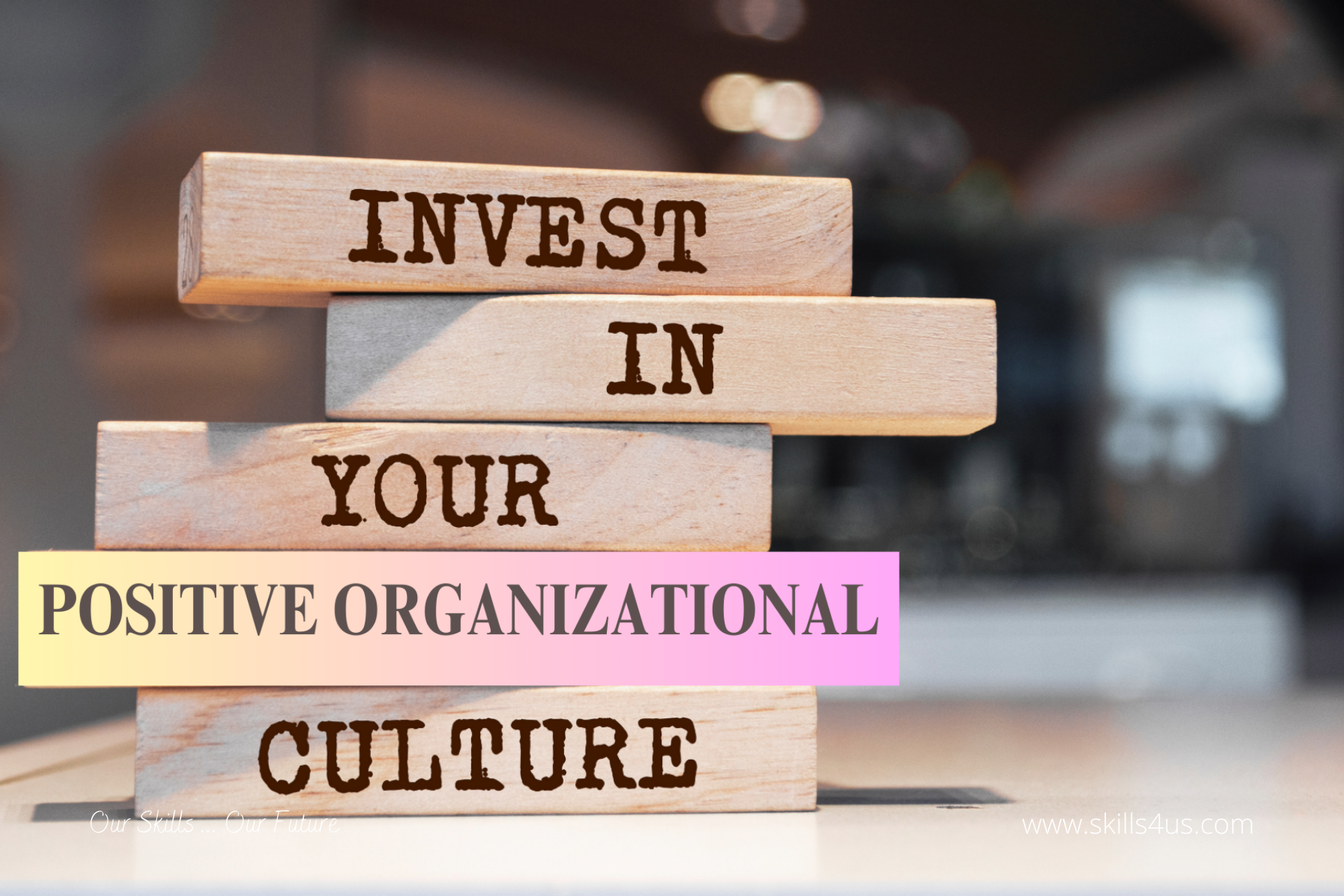Investing in a positive organizational culture where employees can engage with work, thrive, and feel supported is precisely what contributes to the progress and success of organizations. With the tremendous development of intelligent technology, this is the perfect time for leaders to rethink how organizations are managed and start building positive organizational cultures. Moreover, one of the benefits of a positive organizational culture is that it enables employees to do their most impactful work as effortlessly as possible. This, therefore, supports the business, encourages leadership and teams to achieve the organization’s mission, and ultimately enhances employee satisfaction and growth.
Benefits of a positive organizational culture
1. Feeling more involved
A positive organizational culture makes employees feel more engaged because it helps set clear performance goals and define employee responsibilities, which allows them to support the organization’s mission and vision. Therefore, when employees are more engaged, it leads to positive business outcomes.
2. Attract and retain the best talent
A positive organizational culture helps organizations attract and retain top talent and qualified candidates with an excellent culture more efficiently, which can lead to lower recruitment and retention costs. Furthermore, employees who work in organizations with a positive organizational culture are more highly valued.
3. Understand roles more clearly
A positive organizational culture helps employees understand their roles more clearly, increasing performance and productivity. Employees will, therefore, interact with their team members more frequently and be more willing to help them complete tasks.
4. Investing in employees’ success, well-being and happiness
A positive organizational culture helps organizations invest in their employees’ success, well-being, and happiness. This investment helps employees develop their careers and feel better at work.
Essential tips that help in developing a positive organizational culture
1. Make appreciation frequent and timely
Recognition must be frequent, timely, and specific to be most impactful. It is the single most significant contributor to a positive organizational culture and the largest driver of employee engagement.
2. Offer competitive compensation and benefits packages
If you want to create a positive organizational culture, research the compensation and benefits packages in your industry and region, then make sure what you offer employees is competitive.
3. Invest in employee professional development
Don’t hesitate to invest in your employees’ professional development. They consider professional development opportunities, flexible work schedules, and mental health support the most important.
4. Continuous promotion and follow-up
A positive organizational culture only appears after a while. Creating a healthy workplace where everyone feels valued, respected, and welcomed takes time, so your work continues once you’ve established some basic principles. You must continually promote them and ensure that everything the organization does reflects your core values.
In today’s uncertain times, building and sustaining a positive organizational culture is a strategic imperative and a unique key differentiator that drives leaders to innovate.
